DerTroof
Posts: 87
Joined: 2/19/2012
Status: offline

|
quote:
ORIGINAL: Nimrod 9th
Had to jump in. Before my current job I spent 10+ years with the Nat'l Park Service. Worked 3 Civil War parks (among other historical themed sites). Yes, National Park Service rangers can be, shall we say, stubborn concerning their options. Anyway I'm getting off track. Note almost all of the top Union generals are mid to late war generals. The early war guys (McClellan, Fremont, Sumner, McDowell, etc.) are usually seen as poor. Not really disagreeing BUT a couple important things usually don't get considered and should be. McDowell lead what at 1st Bull Run? 36,000 men (exact number doesn't matter). This was the largest US force in one place in the history of the US up to that point. No US Army general had EVER commanded so many in the field at one place. No doctrine for formations at that level. No experience. The largest up to this point were the armies during the War with Mexico. Say 15,000-20,000? So McDowell was discovering new territory for the US Army. Now in less than a year, that 36,000 becomes OVER 100,000 for McClellan. Almost overnight McClellan goes from commanding a small army in West Virginia to commanding over 100,000. WOW! No training at such a level. No experience. And these guys had to go on the offensive with these large armies. No wonder they "had the slows." Now look at the top Union generals. Started as early war brigade commanders. Then progressed to mid war division commands. Then late war corps and army commands. They had a chance to learn and grow. McDowell and McClellan (and others) didn't have that. Now don't misunderstand me. McClellan is no Grant. McDowell is no Sherman. I just get frustrated with all the early war Union commanders trash talk. Please folks. Next time be a little more considerate to the very difficult position those early war guys were in.
"Please folks"? I don't see Little Mac or McDowell mentioned anywhere in this thread before you did. That said, I agree with you and you make excellent points regarding the crucible early war generals were thrust into, commanding unprecedentedly large bodies of troops, most of whom had little or no military background (including, crucially, their NCOs and junior officers).
One thing McClellan is frequently credited for, and properly in my view, is training and to a certain extent "professionalizing" the Army of the Potomac. In the process he gave it an identity and a sense of esprit that would allow it to survive and overcome all the early-war disappointments. I believe Lee's respect for him was genuine.
|
 Printable Version
Printable Version






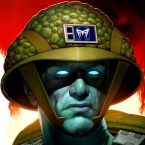






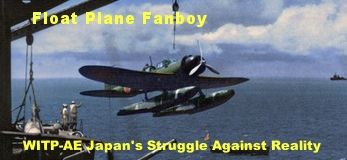
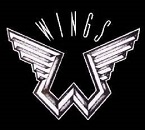





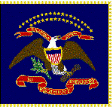

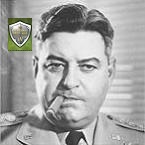
 New Messages
New Messages No New Messages
No New Messages Hot Topic w/ New Messages
Hot Topic w/ New Messages Hot Topic w/o New Messages
Hot Topic w/o New Messages Locked w/ New Messages
Locked w/ New Messages Locked w/o New Messages
Locked w/o New Messages Post New Thread
Post New Thread